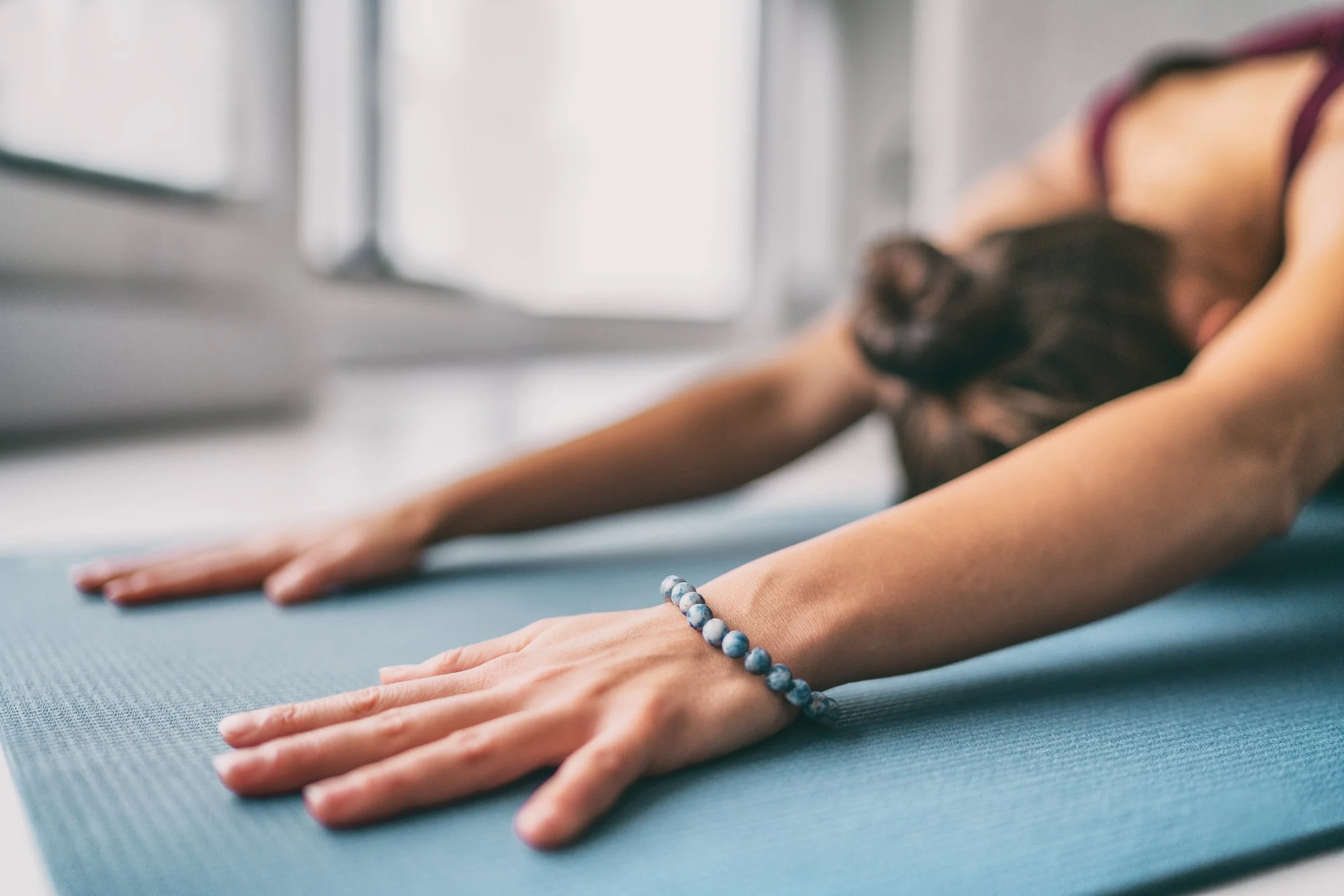How Exercise Improves Teen Mental Health: Stress Relief for Teens
Introduction
Feeling overwhelmed by school, friendships, or social media drama? You’re not alone. Stress is one of the biggest struggles teens face today, and it can take a toll on your mood, energy, and confidence. But there’s a simple, powerful way to fight back—exercise. It’s not just about getting fit; it’s about feeling better inside and out. Here’s why exercise is one of the best tools for protecting your mental health.
Why Exercise Helps Reduce Stress in Teens
When you’re stressed, your body releases cortisol, the “stress hormone.” Too much cortisol for too long can make you feel anxious, tired, and even sad. Exercise helps balance that out by:
Lowering cortisol levels
Boosting endorphins (your brain’s natural mood-lifters)
Improving blood flow, which helps your brain think clearly
Basically, exercise resets your mind and body so you can handle stress better.
“Exercise should be regarded as a vehicle of well‑being—not just a way to burn calories. When you align it with what actually makes people feel good, it becomes sustainable and mentally restorative.”
Mental Health Benefits of Exercise for Teens
Here are just a few ways moving your body helps your mind:
Better Mood: Exercise triggers endorphins and serotonin—chemicals that fight anxiety and depression.
Less Anxiety: Physical activity burns off the nervous energy that makes you feel tense.
Improved Sleep: Stress often causes sleepless nights. Exercise helps you fall asleep faster and sleep deeper.
Sharper Focus: Movement boosts blood flow to your brain, making it easier to concentrate on schoolwork.
Best Types of Exercise for Stress Relief
Not all workouts are the same, but the good news? You don’t need a gym membership. Try these:
Walking or Jogging: A simple walk outdoors can calm your mind.
Yoga: Great for reducing tension and teaching mindfulness.
Dance: Put on your favorite playlist and move—it’s fun and stress-busting.
Strength Training: Lifting weights (or even bodyweight exercises like squats and push-ups) builds confidence.
Team Sports: Playing with friends adds social support, which lowers stress too.
How Much Exercise Do Teens Need?
Experts (like the World Health Organization) recommend at least 60 minutes of moderate activity daily for teens. But don’t worry—you don’t need to do it all at once. Try:
10 minutes of stretching in the morning
20 minutes walking after school
A quick 15-minute bodyweight workout at night
Start small, and build up. Even 15–20 minutes a day can make a difference.
Tips to Stay Motivated When You’re Stressed
Make it fun: Choose activities you actually enjoy.
Buddy up: Exercise with a friend for extra motivation.
Set small goals: Don’t pressure yourself to run 5 miles—start with a 10-minute walk.
Track your wins: Use a journal or an app to see your progress.
When to Seek Professional Help
Exercise is amazing for stress, but it’s not a cure for serious mental health issues. If you feel hopeless, constantly anxious, or like nothing helps, talk to a parent, teacher, or mental health professional. Asking for help is a sign of strength, not weakness.
Final Thought
Exercise isn’t just about looking good—it’s about feeling good, too. When life feels overwhelming, moving your body can be one of the best ways to clear your mind and boost your mood. So the next time stress hits, grab your sneakers instead of your phone—you’ll thank yourself later.
Frequently Asked Questions About Exercise & Stress Relief
-
Yes! Studies show exercise reduces anxiety and depression symptoms by releasing mood-boosting chemicals like endorphins.
-
Some people feel better after just one workout. Long-term benefits come with regular activity—at least 3–4 times a week.
-
Absolutely. Even a 10–15 minute brisk walk can calm your mind and improve your mood.
-
No. Exercise helps, but if you’re struggling with serious anxiety or depression, therapy or counseling is still important.
-
Find an activity you enjoy! Dancing, biking, even jumping on a trampoline counts. Exercise should feel good, not like punishment.


